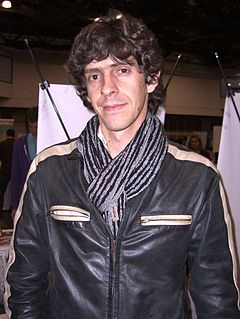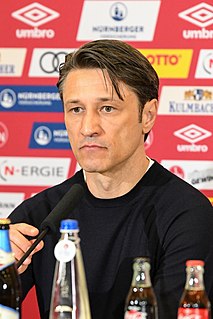A Quote by Lisa Lutz
I usually have a sense of where my characters are personally and ways in which they might transform throughout the novel. But I never know at the outset how the book will end, nor do I ever stick to my original plan.
Related Quotes
With a novel, which takes perhaps years to write, the author is not the same man he was at the end of the book as he was at the beginning. It is not only that his characters have developed-he has developed with them, and this nearly always gives a sense of roughness to the work: a novel can seldom have the sense of perfection which you find in Chekhov's story, The Lady with the Dog.
I don't know how to write a novel in the world of cellphones. I don't know how to write a novel in the world of Google, in which all factual information is available to all characters. So I have to stand on my head to contrive a plot in which the characters lose their cellphone and are separated from technology.
Before I begin a novel I have a strong sense of at least one central character and how the story begins, and a more vague sense of where things may wind up, but at some point, if the novel is any good at all, the story and characters take on lives of their own and take over the book, and the writer has to be open to that.
Chance never writ a legible book; chance never built a fair house; chance never drew a neat picture; it never did any of these things, nor ever will; nor can it be without absurdity supposed able to do them; which yet are works very gross and rude, very easy and feasible, as it were, in comparison to the production of a flower or a tree.
EMACS could not have been reached by a process of careful design, because such processes arrive only at goals which are visible at the outset, and whose desirability is established on the bottom line at the outset. Neither I nor anyone else visualized an extensible editor until I had made one, nor appreciated its value until he had experienced it. EMACS exists because I felt free to make individually useful small improvements on a path whose end was not in sight.
I doubt if these two fine, active minds [President and Mrs. Roosevelt] have ever inquiried how it is they know what they know and think as they do. Nor have they ever thought of what they might have been if they had grown up in an entirely different culture. They have the disposition of all politicians world over to deal only with made opinion. They have never inquired how it is that opinion is made.
"The Diagnosis" is by far my most ambitious book. I such great hopes for it... there was so much I wanted to do with the book. I was extremely insecure about it for several years. Just didn't know whether I would finish the book much less for it to come close to what I intended. I think that for any novel you never know exactly how the book is going to turn out...



































